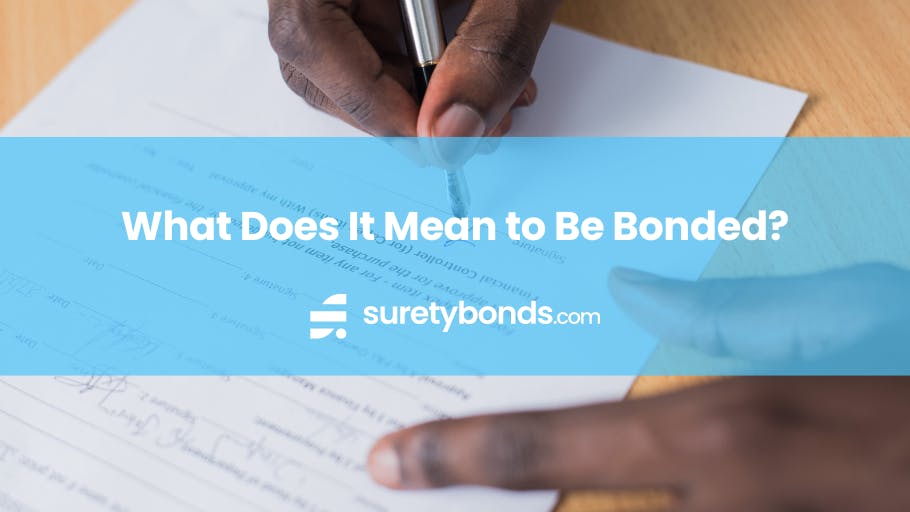SuretyBonds.com Education Center
Explore our library of resources, guides and tools for every step of the surety bond process.
Surety Bond Basics
Licensing & Registration Guides
We provide comprehensive how-to guides for professional license, registration and appointment processes. Find step-by-step instructions for completing and filing your application with your local regulatory agency.

How to Get a Freight Broker License
Learn how to get an FMCSA license to broker freight shipments.

How to Get an Auto Dealer License
Explore license, bond and cost information for aspiring new and used auto dealers.

How to Become a Money Transmitter
Learn how money transmitter licensing works with this 7-step guide.

How to Get a Florida Travel Agent License
Access our in-depth guide on licensing for travel agents operating in Florida.

How to Get a California Tax Preparer License
Learn how to get CTEC-certified to prepare taxes.

How to Get a Georgia Bonded Title
Understand the 5-step process to get a bonded title in Georgia.
Surety FAQs for Current Customers
Get answers to more common bond questions, straight from our team of surety experts. Select a category to find the information you need:
How Much Does a Surety Bond Cost?
Watch this quick video to understand surety bond pricing factors.
Understanding Your Bond Form
Small Business Bonding Resources

How to Get Bonded for a Cleaning Business
Surety bonds can help cleaning businesses improve their reputation and trustworthiness. Learn how to get bonded quickly and easily.

What Does It Mean to Be Bonded?
How does being bonded impact your business? Learn what is means in this article.

How to Bond & Insure Your Small Business
When small businesses are bonded and insured, both the company and its customers are protected. Navigate the process with this guide.
Contractor Bond Resources
Surety Bond Calculator & Tools
More Surety Bond Edu Resources

Bad Credit Bond Program
Don't let poor credit stop you from applying. Learn about our bad credit bonding options.

Bond Premium Financing
Need help financing your bond premium? Learn how you can break up your payment over time.

Is a Surety Bond Right for Me?
Don't know what financial security option is best for you? Learn about the most common types and the advantages of each.

Surety Legislation News
Stay up-to-date on the latest bond legislation across the nation.

How to Lower Your Bond Cost
Learn about the factors influencing bond premiums, assess risk factors, and explore strategies to qualify for more competitive rates.

Freight Broker 101: BMC-85 vs. BMC-84
Learn the difference between BMC-84 bonds and BMC-85 trust funds for freight broker licensing and the pros and cons of each.

Municipal License and Permit Bonds
Learn who typically needs a local license and permit bond and how much they cost.
